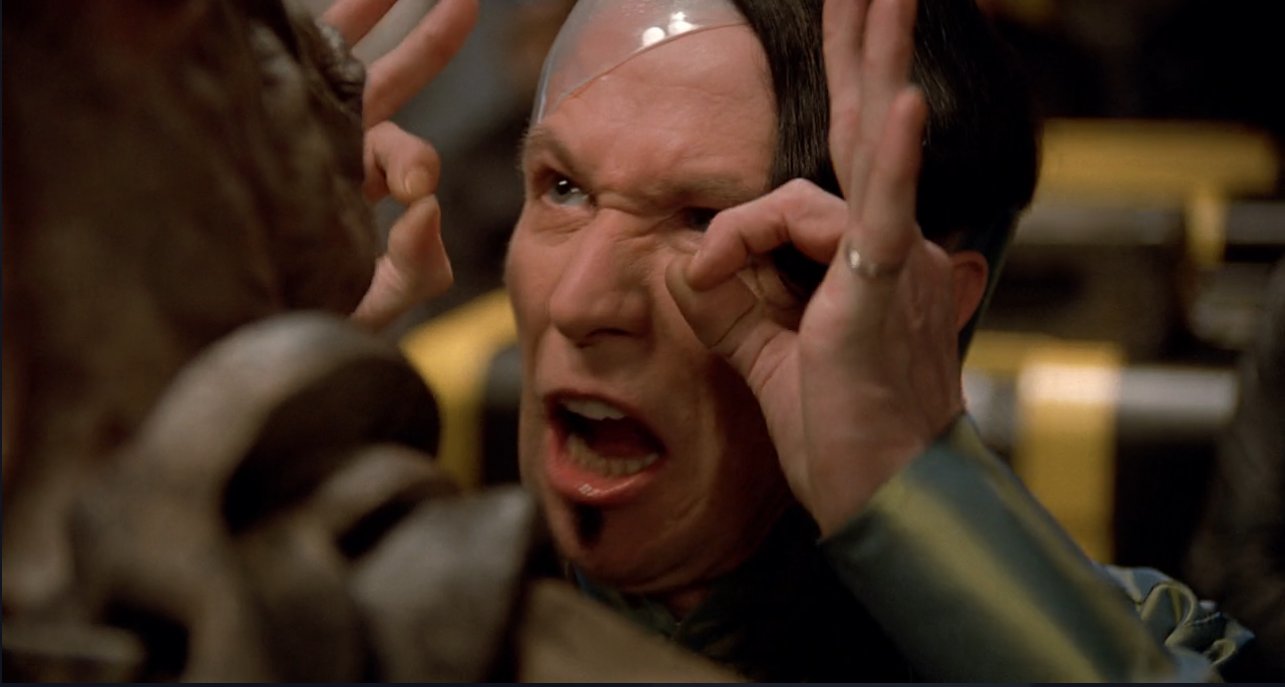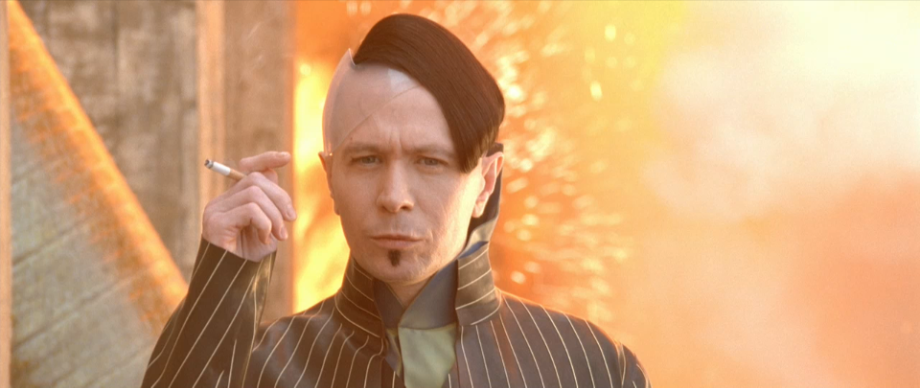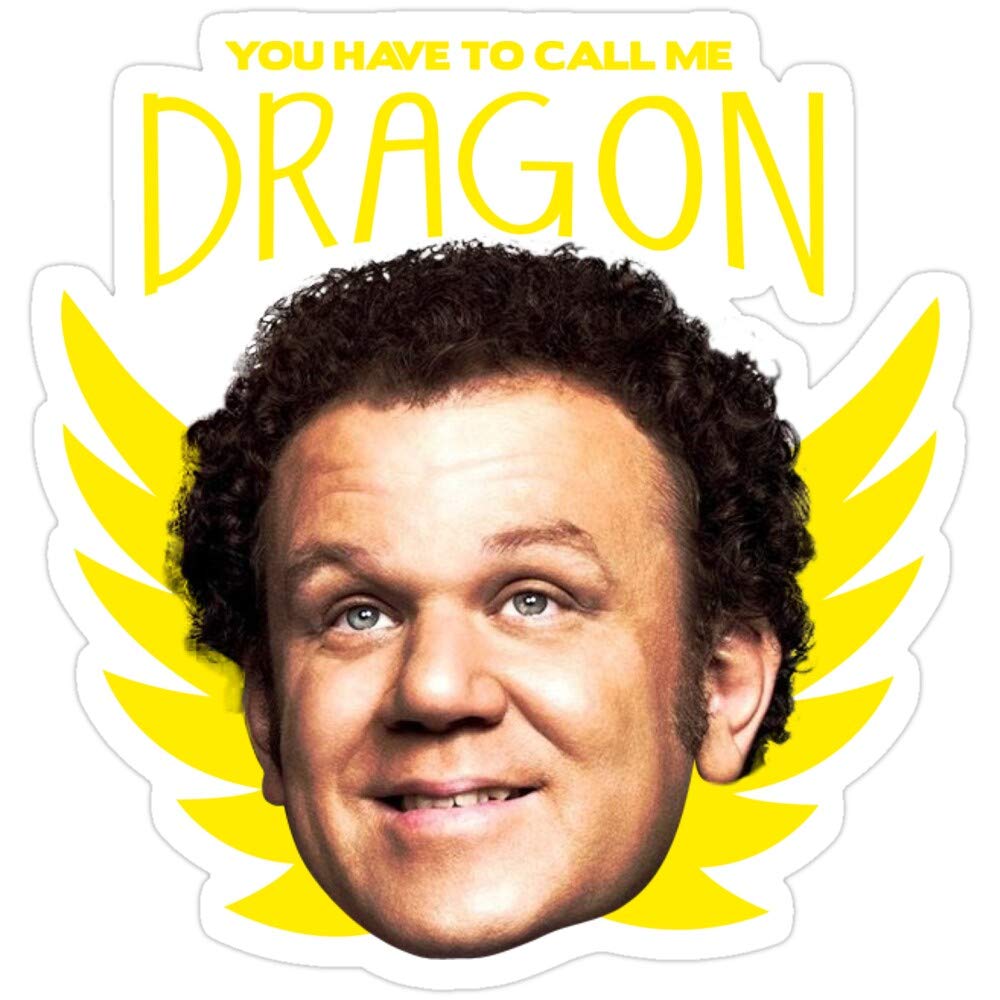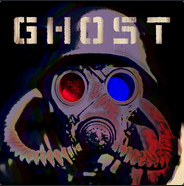I once saw a crow look both ways before walking across the street and I thought “Wow. What a dumbass, he could just fly over it and not have to worry about cars.”
I once saw a human look both ways before walking across the street and I thought “Wow. What a dumbass, he could just walk a mile to the unterpass and not have to worry about cars.”
is savings energy
Cool. I have seen wild turkeys do this and in a crosswalk. It is really cool.
I have not seen them using the button to request the “walking man” yet.
Do you think they might use the button sooner if the symbol was a walking turkey?
Only one way to know.
Birds are too powerful to need to use a beg button
😂😂😂😂
I bet a crow would know what to do with that information.
But would a jackdaw?
Here’s the thing…
You’re supposed to reevaluate brain size as a measure of intelligence. The expression “bird brain” is so outdated we need to stop using it. Bird neurons are significantly smaller than ours, so they can fit a lot more brain in a smaller volume.
While you’re at it, you should probably reevaluate everything about intelligence and memory because apparently jellyfish have memories despite having no brain or ganglia of any kind.
I’m not an older sibling in a 90s-era kids sitcom, so I haven’t used the phrase “bird-brain” in decades…
Well, no one in a 90s-era sitcom has used the phrase in decades either ;P
I haven’t heard anyone say bird brain in the past decade
Also some insects dissolve in their cocoons to a handful of cells and yet still maintain memories from their larva stage
Bird neurons are significantly smaller than ours
The neurons themselves? Because human axons are already as small as can be; they sometimes missfire because of this (brain is built around that, no worries).
Not only that, corvids understand the concept of zero fucks given.
They also understand social order and merc crows that are excessively rude thieves and whatnot. It’s a bit brutal but it’s indicative of individual identity and longer term memory.
if they start understanding complex numbers I will get scared
It’s only the beginning. Then they will get negative numbers, integers, reals, you name it
makes zero sense
i meant zero makes sense
deleted by creator
https://www.livescience.com/crows-understand-concept-of-zero.html
https://www.jneurosci.org/content/41/22/4889
ABSTRACT: Different species of animals can discriminate numerosity, the countable number of objects in a set. The representations of countable numerosities have been deciphered down to the level of single neurons. However, despite its importance for human number theory, a special numerical quantity, the empty set (numerosity zero), has remained largely unexplored. We explored the behavioral and neuronal representation of the empty set in carrion crows. Crows were trained to discriminate small numerosities including the empty set. Performance data showed a numerical distance effect for the empty set in one crow, suggesting that the empty set and countable numerosities are represented along the crows’ “mental number line.” Single-cell recordings in the endbrain region nidopallium caudolaterale (NCL) showed a considerable proportion of NCL neurons tuned to the preferred numerosity zero. As evidenced by neuronal distance and size effects, NCL neurons integrated the empty set in the neural number line. A subsequent neuronal population analysis using a statistical classifier approach showed that the neuronal numerical representations were predictive of the crows’ success in the task. These behavioral and neuronal data suggests that the conception of the empty set as a cognitive precursor of a zero-like number concept is not an exclusive property of the cerebral cortex of primates. Zero as a quantitative category cannot only be implemented in the layered neocortex of primates, but also in the anatomically distinct endbrain circuitries of birds that evolved based on convergent evolution.
SIGNIFICANCE STATEMENT: The conception of “nothing” as number “zero” is celebrated as one of the greatest achievements in mathematics. To explore whether precursors of zero-like concepts can be found in vertebrates with a cerebrum that anatomically differs starkly from our primate brain, we investigated this in carrion crows. We show that crows can grasp the empty set as a null numerical quantity that is mentally represented next to number one. Moreover, we show that single neurons in an associative avian cerebral region specifically respond to the empty set and show the same physiological characteristics as for countable quantities. This suggests that zero as a quantitative category can also be implemented in the anatomically distinct endbrain circuitries of birds that evolved based on convergent evolution.
edit: The idea of zero is always one of those things that seemed like it didn’t need big brain mathematicians to develop, like the Pythagorean theorem being a common sense thing you naively get if you’ve ever walked somewhere with a diagonal shortcut. You have a practical need to understand the absence of something numerical if you are a social animal dealing with resource scarcity. If I forage 10 handfuls of berries and need to distribute that to my group of little monkey-ass things, I don’t eat unless I understand that I can give away 9 handfuls but not 10. Even if I knew nothing else about mathematics I’d know 10-10 equals some kind of total absence of berries, with those still existing as a category without a quantity.
The reason this corvid study is different from intuitively knowing that 10-10=no berries is where this 0/empty set is represented on the numberline.
Considering 0 as a number vs the empty set are two different concepts. It’s the difference between having a bank account with $0, vs having no bank account. They don’t close your account when you have $0, so it’s still an amount of money.
Crows considering 0 on the numberline, and differently from the empty set shows they have a more abstract concept of numbers than we thought.
Idk who authored this study, seems like a very specific kind of person who is both into number theory and neural pathways of birds to design.
Or Anthropology. Right now, we have realized that New Caledonian crows have entered an equivalent to the early stone age in humans. Therefore, we can gain a lot of insight both about the nature of technological progression and of the very nature of intelligence (and the differences between mammalian and avian intelligence) by doing these studies.
Isn’t the Pythagorean theorem less about the fact that a diagonal is shorter than taking a corner (which is indeed obvious) and more about calculating how much shorter it is?
TIL Euler invented crows, but Poe got to name them because he was 2nd.
It means DONT GIVE THEM A CALCULATOR.
Crows WILL divide by zero, DO NOT GIVE THAN A CALCULATOR
6307 80085
3104556
Then they are already smarter than the average Mangalore.

Now a real killer, when he picked up the ZF-1, he would have immediately asked about the little red button on the bottom of the gun.
i really enjoyed the mangalorian though. it had weak moments but otherwise was a solid show.
They are not the smartest guys out there, but at least they managed to kill the main bad guy of the movie:

oh sorry

If I’ve learned anything from Stargate, such knowledge leads directly to the ability to build self-propelled autonomous space mines.
I’m really glad I wasn’t the only person who thought about that episode.
Indeed. raises eyebrow
Oh no! They understand my bank statement!
Everytime I hear this I can’t help but imagine some researcher out in the wild taking a twig or something off of a magpie, the swoopy boi retaliates and the researcher is like “corvids understand the concept of zero?!”
Someone who wants to hang out with crows. I want to hang out with crows
💃🕺🐦⬛🐦⬛
There’s a crow and seagull war around where I work. Pretty wild sky fights, but otherwise typical bird business. One time I heard what sounded like a tornado of crows outside, so I went out to see if some kind of crow Voltron was assembling. Outside was every crow I’ve ever seen screaming and swooping around one unlucky seagull that was tangled in fishing line and hanging from a tree. I cut it down untangled it and it flew off but what really freaked me out was how quiet all of the crows got when I got involved. I can’t prove it and I don’t know how they did it but I know the crows did this.
Crows laying traps for other birds would be wild. Survival books sometimes talk about laying snares for birds in trees using wire.
That’s what I thought at first too but there were no knots, bait, or hooks. Just a tangled messy of fishing line. When it all went silent and I could see that seagull swaying upside down it felt like something out of True Detective.













